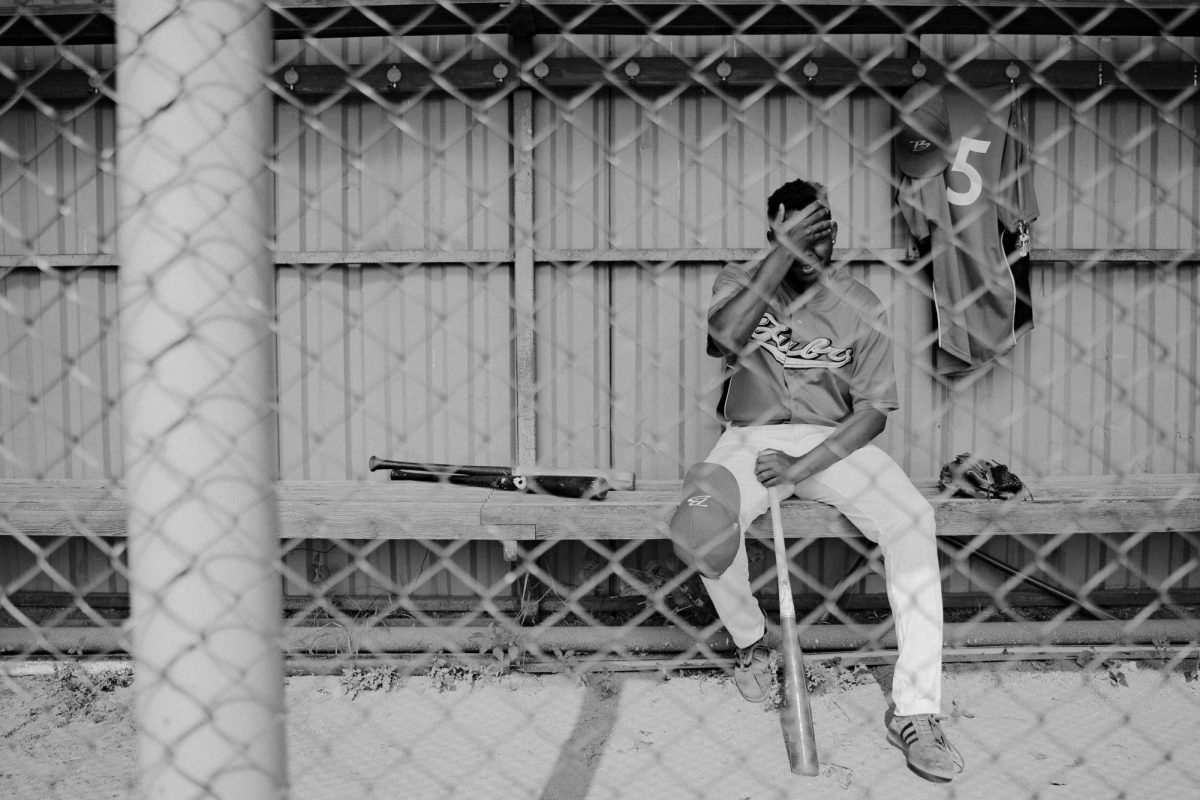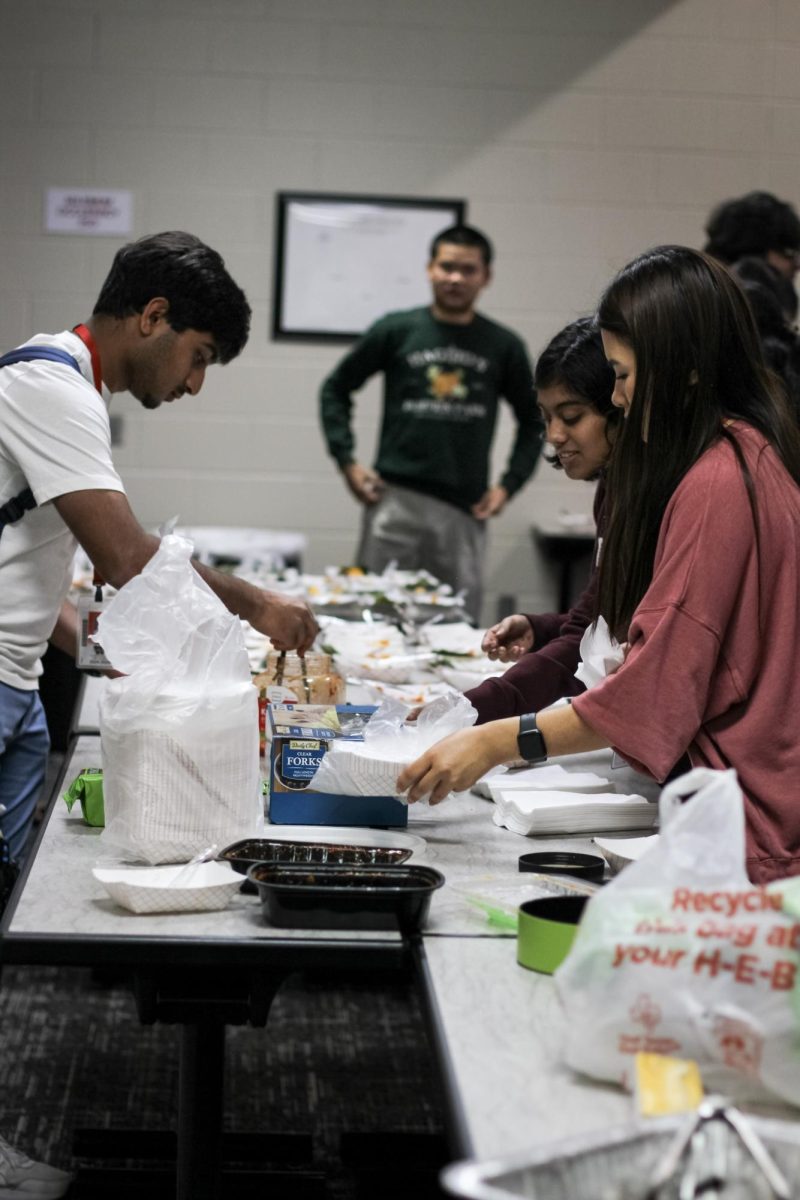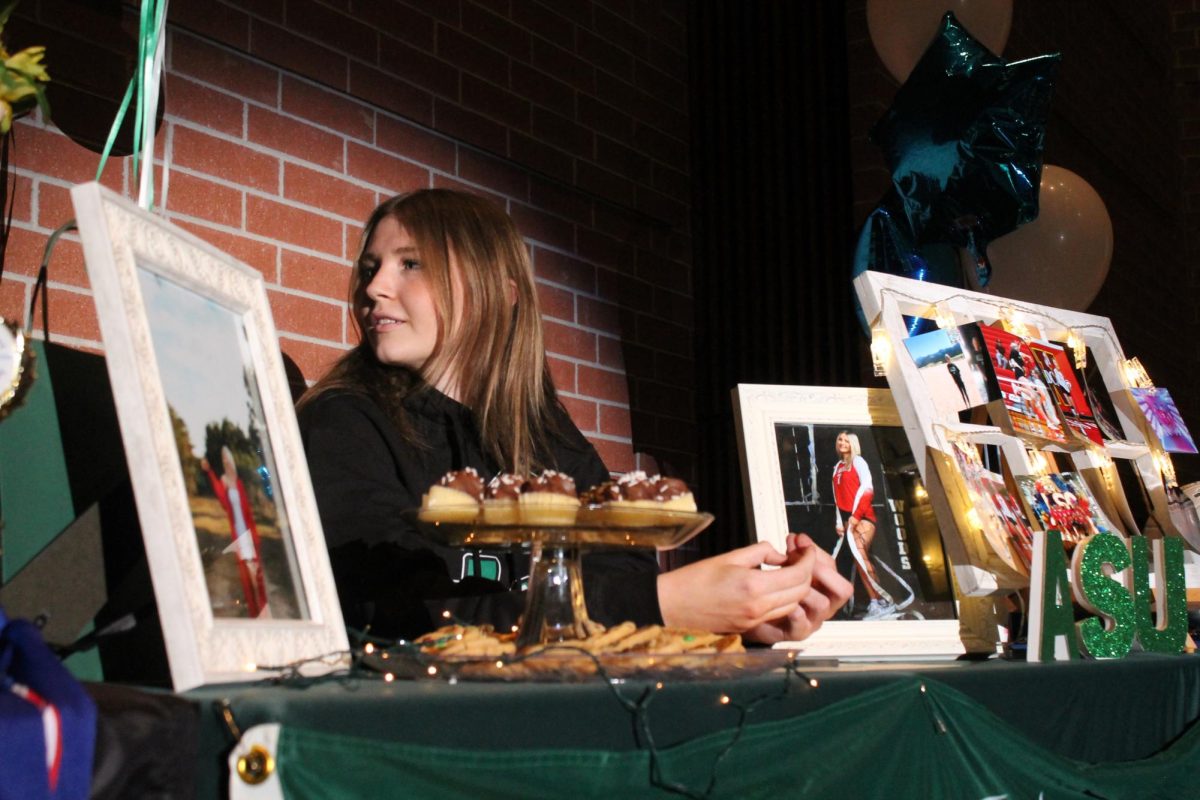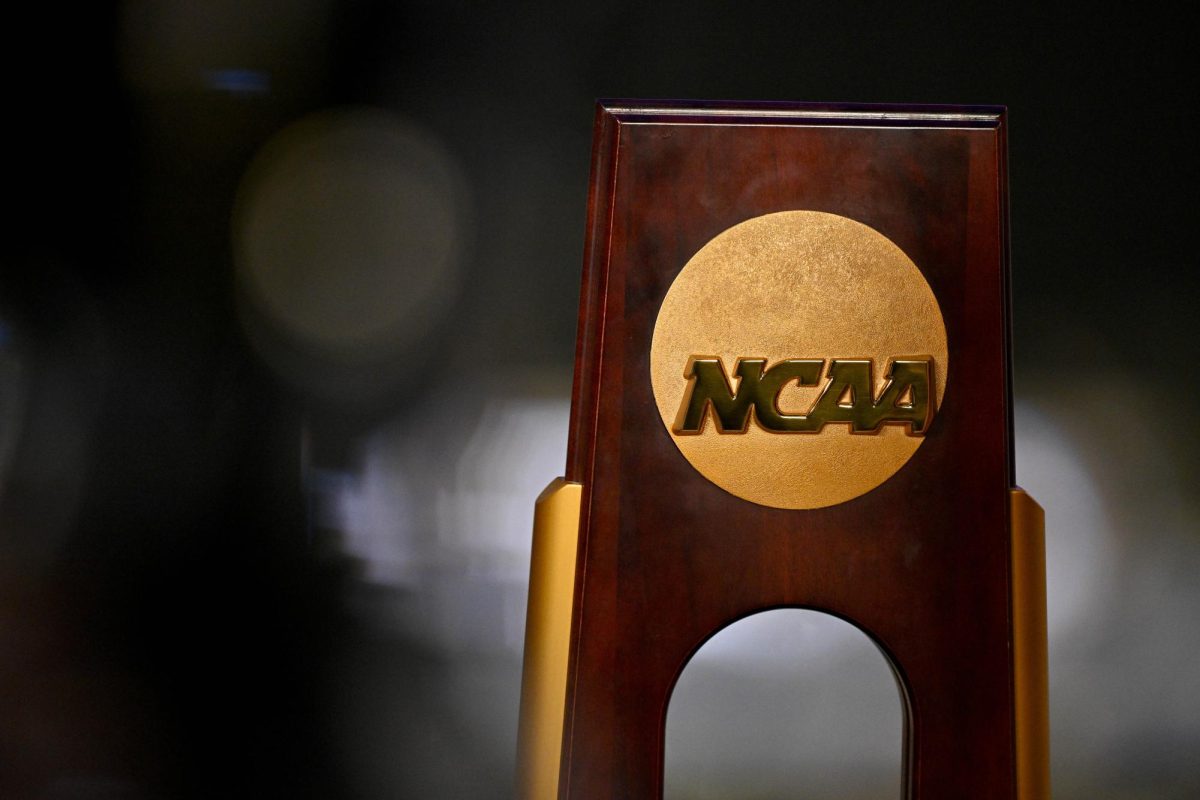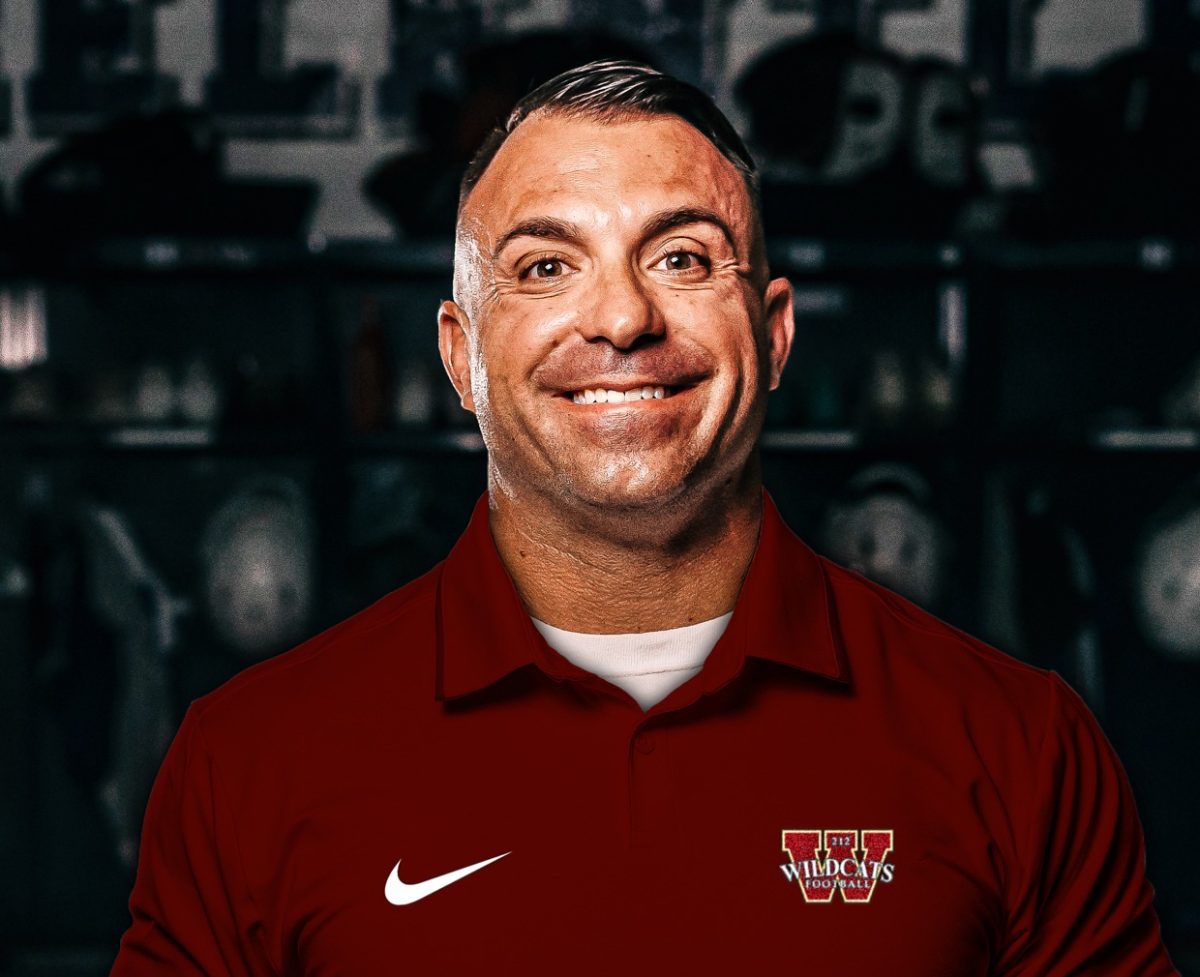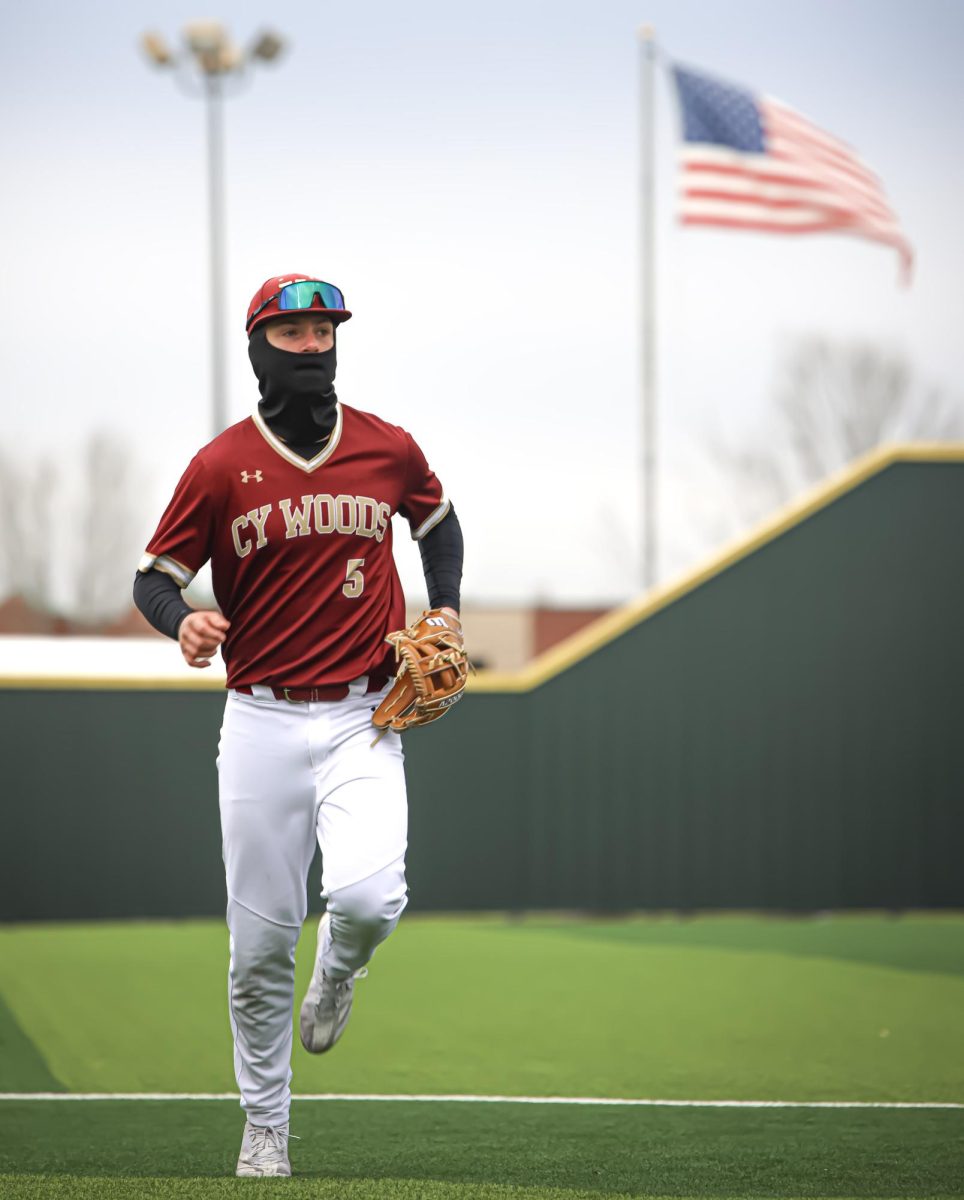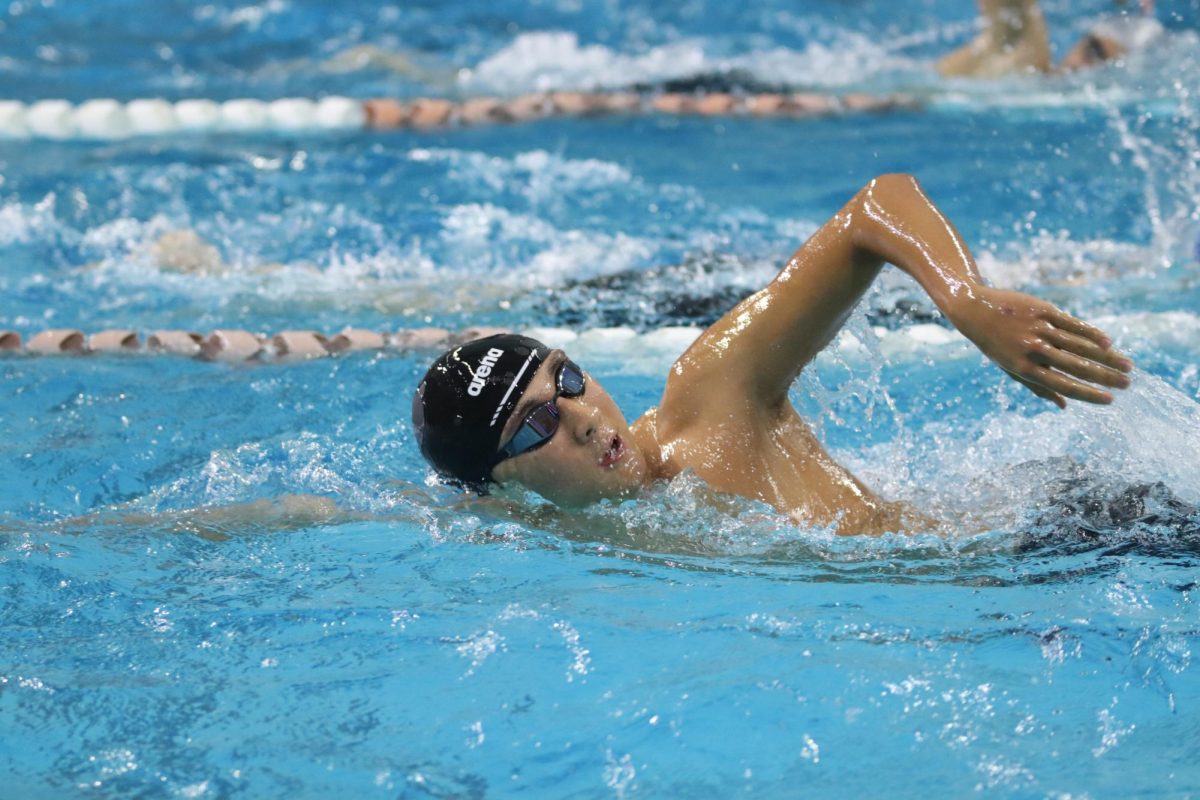According to USA Today, by the age of 13, around 70 percent of kids drop out of their sport. Athletic burnout can be defined as a condition where athletes lose interest and love for their sport from a multitude of internal and external causes. Overtraining, coaches, family, packed schedules and school are some of the main causes of athletic burnout.
Overtraining is one of the most draining experiences that athletes can go through. Combined with the stresses that come with school, overtraining simply sucks the fun out of every athlete’s day. The typical student-athlete trains for around 20+ hours out of the 168 in a week. Overtraining is mainly seen in high school-aged athletes due to having both high school and out-of-school teams that they participate in. Muscles get sore, exhaustion kicks in and the love for the sport starts to fade away.
Constant pressure, negativity and yelling from coaches dramatically lower athletes’ self-esteem and confidence in their abilities. Emotional and verbal abuse from coaches causes athletes to dread going to practice or games. Being scared to play from fear of being yelled at distracts the athletes while they’re playing as well as making them perform worse. Some coaches believe that surrounding their team with a critical, harsh, and toxic environment will make their players better, but that’s not the case, the majority of the time. Constantly diminishing their athletes with harsh words, coaches more often than not are the main reason for teens to quit their sports.
The family has an entirely different impact on student-athletes when it comes to sports. Parents use sports as a privilege and can take that privilege away at any time. Typically students will lose the ability to play their sport for things like getting in trouble or grades dropping. Families, especially parents, alter the course that their children take on their athletic journey. From forcing their child to play a certain sport, holding them to high standards and verbal abuse from the stands, parents can make their children burn out. In most cases, the sport that the parent played or watched while they were younger will be the sport that their child is put into. A strained relationship is automatically put in place between the child and the sport when the child’s ability to choose is taken away. That strained relationship more often than not causes early athletic burnout.
Being a student-athlete means sacrificing a lot of fun things that take place inside and outside of school. Having to spend nights and weekends playing sports whilst others are out hanging out with friends, going on trips, and relaxing is a harsh reality to live with. The odd weekend or afternoon when athletic events get canceled or moved quickly becomes the best thing ever. Catching up on homework, hanging with friends and going out to non-sporting events make life without athletics seem even better. The social aspects of life are the thing that is most limited when being a student-athlete which is why a majority of people stop doing sports before they go to college. Missing out on all of the fun events that happen on campus, balancing college classes and having to play a sport at a significantly heightened level is what drives most people away from continuing sports after high school.
School is another huge factor in the bottomless pit of athletic burnout. Hard classes, career paths, grades and overall school stress really put the student in student-athlete. With the constant pressure of homework, tests, and deadlines, it’s no wonder that students feel like the work that comes with being an athlete is one step too far. After realizing how much work high school and college are, quitting sports to focus on school work doesn’t seem like a crazy thought. With the content difficulty and amount of work increasing in high school and college, the classes require more and more time to be spent on them. Being a student-athlete means that there’s even less time to do that hard work due to most nights and afternoons being taken up by practice or games.
Overall, student-athletes face many factors throughout their career that unfortunately cause them to burnout. Some reasons for burnout can be controlled but more often than not, nothing can help fix them. If the causes of burnout are identified and talked more about in society today, burnout can hopefully one day be avoided for some of those struggling student-athletes.

